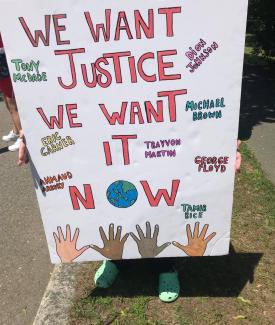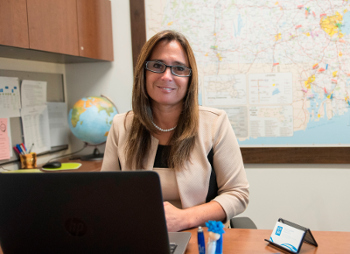Do you have a question about JRI services?
Episode 2 - COVID-19 outbreak, racial protests are part of ‘same frame’
Justice Resource Institute President and CEO Andy Pond discusses his organization’s response to the COVID-19 pandemic and the Black Lives Matter protests sweeping the nation as part of JRI’s podcast series “Justice In Action.”
The novel coronavirus outbreak and the nationwide protests over the killing of black Americans by police are part of the “same frame” — that is, problems related to systemic racism that leaves people of color more likely to get sick and to die from the COVID-19 epidemic that has already killed more than 117,000 Americans as of this writing, and more likely to be victims of police brutality.
“I have an obligation to talk about it and it’s an opportunity to show what side we’re on,” says Pond. People of color are three times more likely to die from COVID-19, he says, and it’s not because they are biologically more vulnerable.
“It’s a difference in history and the systematic inequities that exist in our health care system,” along with other cultural and economic factors, Pond says.
“While we have done, I think, a lot, we have not done enough,” he says. “The answer can never be we’ve done enough.”
Throughout the course of the COVID-19 outbreak, JRI staff have gone above and beyond for their clients, many of whom have suffered trauma and need the help and support of JRI’s more than 120 programs serving children and families in Massachusetts, Rhode Island and Connecticut.
“They’re here because they care about the kids and adults they are working with,” Pond says. “There is a lesson in persistence and perseverance in the face of adversity.”
Even though the challenges are enormous, Pond is hopeful about the future and about the lasting effects of the pandemic and the broadly based protests sweeping the country to demand an end to systemic racism.
“Real change doesn’t happen overnight, but it does happen,” he says.




